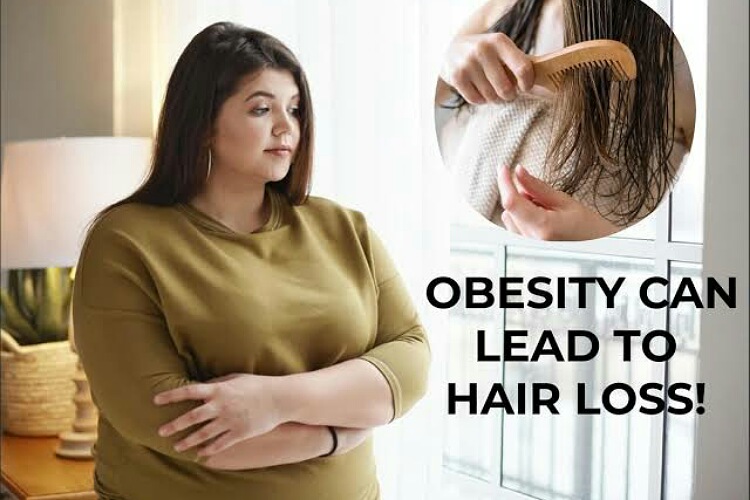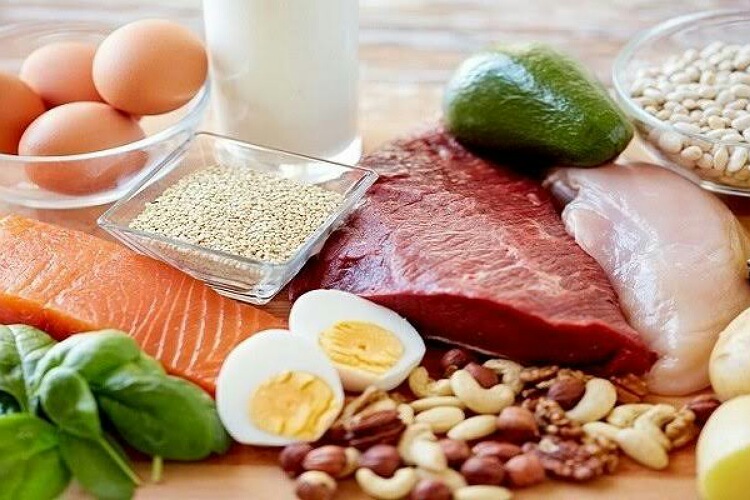Hair loss is a common problem these days. Causes are multiple and diet also contributes to it.
The journal Nature has published an article that reveals that a high-fat diet is the main culprit of hair loss.
Hair loss causes
Hair loss causes are innumerable. If we look at normal hair growth, we do know that hairs regenerate from the hair roots. The roots have hair follicle stem cells that bring about this renewal process.
Therefore, hairs can grow continuously. Old hairs are shed and new hairs take their place.

But as we grow older, the hair follicle stem cells lose their replenishing power. Fewer hair follicle stem cells are therefore active at any particular time. And this causes hair thinning, hair sparseness, and hair loss.
Along with advancing age, there are certain genetic factors as well that influence hair growth and loss. Additionally, stress can accelerate this hair loss process.
And the daily diet and lifestyle ways also have a great impact on the growth and loss of hair.
Obesity and high-fat diet
Previous studies have revealed that overweight individuals have a higher risk of androgenic alopecia and male-type baldness.
But why this happens and how it happens was uncertain. Hence to fill this knowledge gap, researchers from Tokyo undertook a study in mice.

Tokyo Medical and Dental University (TMDU) research team used mouse models to estimate whether a high-fat diet and genetically induced obesity could cause hair thinning and hair loss and the mechanism behind it.
The study team found that both obesity and a high-fat diet led to hair loss in mice. These two conditions caused a depletion of the hair follicle stem cells by inducing certain inflammatory signals.
These targeted the stem cells and blocked their regeneration. The result was the loss of these hair follicles and hence hair thinning and hair loss.
What do the authors say?
Hironobu Morinaga is the lead author of this paper. Hironobu states:
“High-fat diet feeding accelerates hair thinning by depleting HFSCs that replenish mature cells that grow hair, especially in old mice,”
The author added:
“We compared the gene expression in HFSCs between HFD-fed mice and standard diet-fed mice and traced the fate of those HFSCs after their activation.”
“We found that those HFSCs in HFD-fed obesed mice change their fate into the skin surface corneocytes or sebocytes that secrete sebum upon their activation. Those mice show faster hair loss and smaller hair follicles along with depletion of HFSCs.”

Therefore, this study implies that people consuming a diet that is rich in fats would have damaged hair regeneration and hence hair thinning and loss. Similarly, those who are overweight and obese have more hair loss and a likelihood of alopecia.
Also, read more about Loss of appetite: which foods should you eat at this crucial time?
Lifestyle modifications and dietetic changes could help in the control of this excessive hair loss. It could give us good hair growth and texture.
